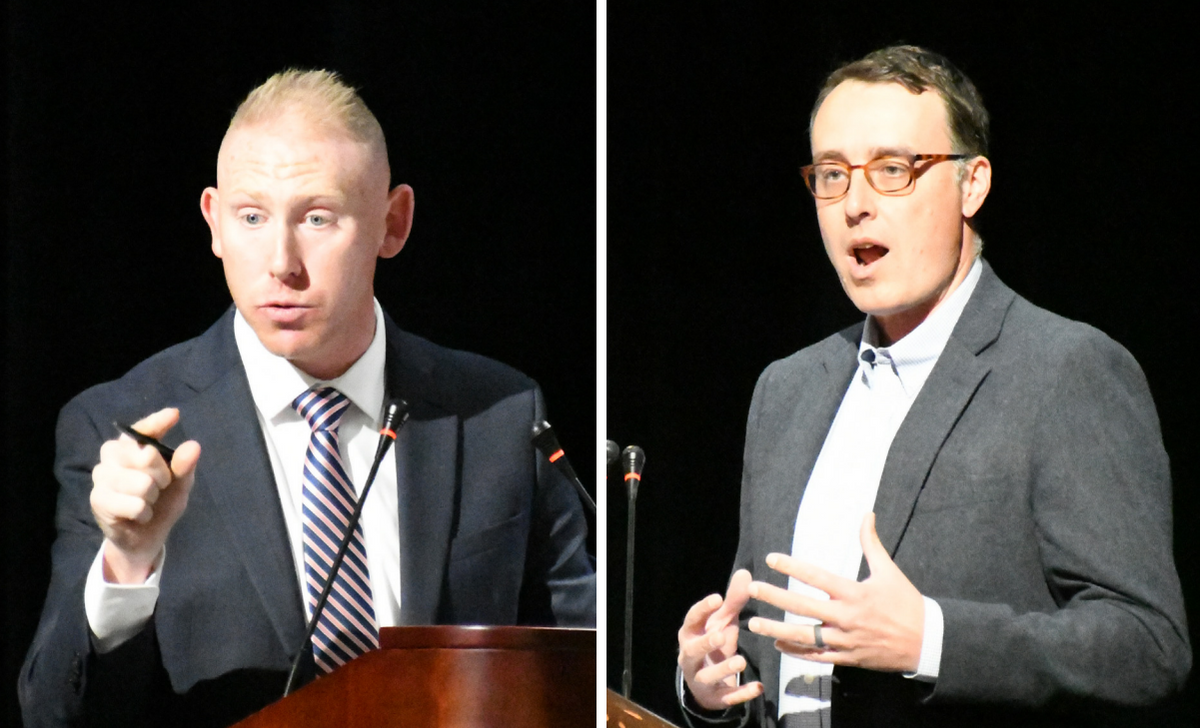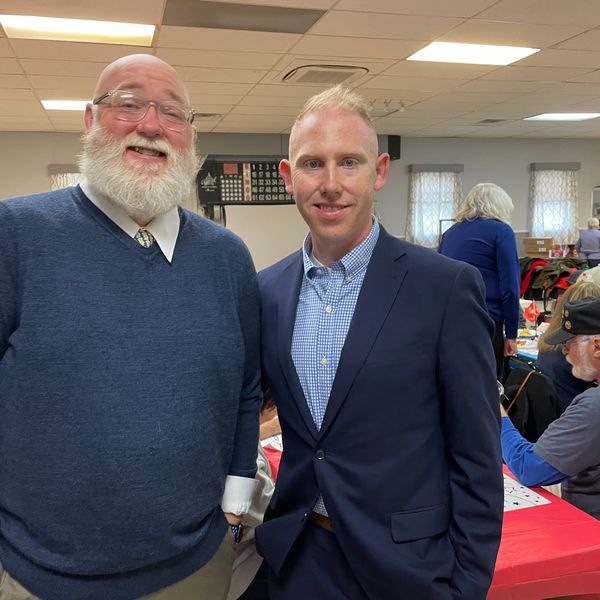Harding meets Potter in debate for 30th Senate District

Candidates for Connecticut's 30th Senate District debated Friday, Oct. 19. Incumbent Republican Stephen Harding (left) is running for his second term as state senator. Challenger Justin Potter (right) aims to be the first Democrat to win the 30th seat since 1979.
Photos by Riley Klein







 lakevillejournal.com
lakevillejournal.com 




 Visitors consider Norman Rockwell’s paintings on Civil Rights for Look Magazine, “New Kids in the Neighborhood” (1967) and “The Problem We All Live With” (1963.) L. Tomaino
Visitors consider Norman Rockwell’s paintings on Civil Rights for Look Magazine, “New Kids in the Neighborhood” (1967) and “The Problem We All Live With” (1963.) L. Tomaino




